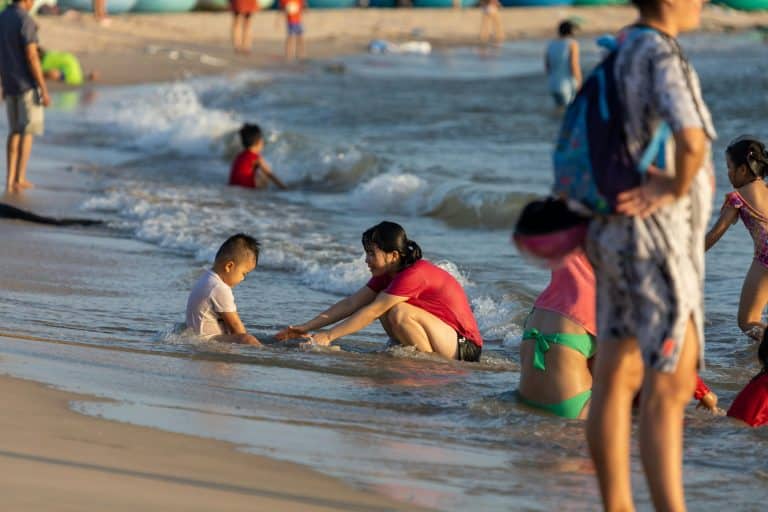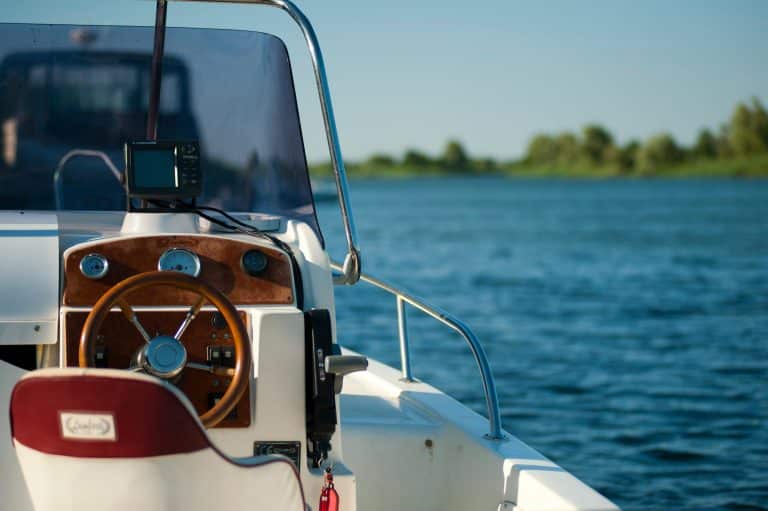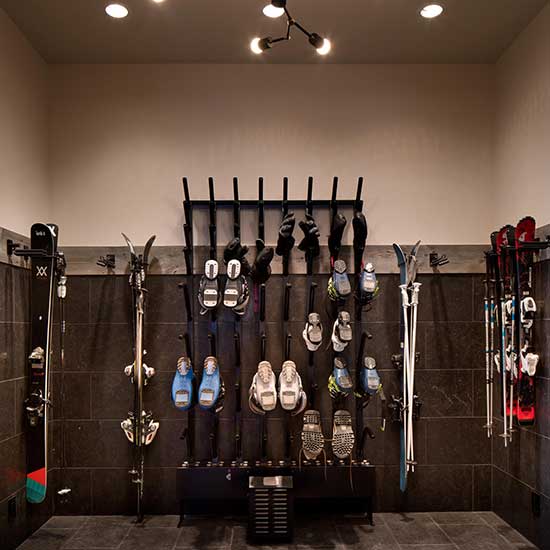Packing for a family beach day seems simple in theory, but it quickly becomes a juggling act when you factor in different ages, skin sensitivities, and attention spans.
The goal is to keep everyone comfortable and protected without hauling your entire house to the shore. The secret lies in thoughtful planning: sun safety first, smart organisation, and age-appropriate gear that genuinely gets used.
Here’s how to pack with confidence so the day feels easy from the first sunscreen swipe to the last rinse-off.
Start With a Simple Plan (Not a Strict Schedule)
Before you throw items into a bag, decide on the shape of your day. Are you staying for a short morning session, a full-day outing, or sunset only? Will there be naps, water play, or a beachside picnic? This plan guides what you bring and helps you prioritise shade, hydration, and reapplication windows.
- Aim for shade plus sunscreen, not sunscreen alone.
- Choose UPF clothing that covers well, rather than relying on constant reapplication.
- Pack lighter but smarter: a few multi-use items beat a dozen single-purpose gadgets.
Pack reef-safe sunscreen, wide-brim hats, and modest swimwear so everyone feels comfortable from sandcastle time to sunset.
Sun Protection Essentials For Every Age
Sunscreen, Shade and Timing
- Choose broad-spectrum SPF 30+ (or higher) sunscreens. Look for “water resistant 80 minutes” on labels if you’ll be swimming.
- Reef-safe picks typically use non-nano zinc oxide or titanium dioxide. Avoid oxybenzone and octinoxate where local regulations discourage them.
- Reapply every two hours, and after swimming or towelling off.
- Prioritise shade: a UPF-rated beach tent or umbrella with side panels is worth its weight. Aim for early morning or late afternoon when UV is lower.
Babies and Toddlers
- Keep babies under six months out of direct sun; rely on shade, clothing, and pram canopies.
- UPF 50+ long-sleeve swimsuits, flap hats with neck coverage, and soft sunglasses.
- Swim nappies, wipes, and a light muslin for shade or feeding privacy.
- A compact spray bottle or misting fan helps keep little ones cool.
Kids
- Rash vests and long-sleeve swim tops reduce the reapplication battle.
- Bright, identifiable towels and water bottles so nothing “mysteriously disappears.”
- SPF lip balm, kid-friendly mineral sticks for faces, and detangling spray for post-swim hair.
- UV-protective sunglasses with a strap.
Teens and Adults
- UPF shirts or cover-ups for boardwalk breaks and snack runs.
- SPF lip balm, scalp sunscreen powder for part lines, and after-sun lotion or aloe.
- Polarised sunglasses and a wide-brim hat (3″+ brim) for real coverage.
Older Adults
- Extra shade seating with good back support and arm rests.
- Light layers to manage wind and temperature shifts.
- Check medications for photosensitivity; pack extra water and electrolyte options.
Smart Clothing and Swimwear Choices
Coverage That Works Hard
- Prioritise UPF-rated fabrics, long sleeves, and knee-length or full-length swim leggings for sun-prone skin.
- Quick-dry cover-ups make transitions to cafés or car rides easy.
- Keep a spare dry set (including underwear) for the ride home to avoid chills.
Footwear Matters
- Water shoes or sturdy sandals protect feet from hot sand, shells, and rocks.
- For toddlers, flexible soles with toe caps prevent stumbles and stubbed toes.
The Shade-and-Seat Setup
Make Your Base Camp
- UPF beach tent or canopy with sand anchors.
- Lightweight, sand-free mat plus a couple of plush towels for comfort.
- Folding chairs or booster seats for those who need back support.
- Clips or carabiners to secure towels and create extra shade.
Hydration, Snacks and Coolers
Keep It Cold and Easy
- Two-cooler system: one small “frequent access” cooler for drinks and fruit; one larger for sandwiches and perishables.
- Freeze water bottles overnight to double as ice packs.
- Pack salty snacks (pretzels, popcorn), fresh fruit (grapes, watermelon), and protein (wraps, cheese sticks).
- Refillable, insulated bottles for everyone; add electrolyte packets for hot days.
Safety and First Aid
A Compact Kit That Covers the Basics
- Adhesive plasters, blister cushions, antiseptic wipes, and small bandage roll.
- Sting and bite relief wipes, hydrocortisone cream, and tweezers.
- Pain reliever, motion-sickness tablets (if boating), and any personal meds.
- Waterproof phone pouch, whistle, and a minimal ID card in a zip bag.
Tech and Entertainment That Actually Gets Used
Keep Boredom at Bay
- Bucket, spade, and mould set (share across kids rather than one per child).
- A lightweight kite, beach-friendly ball, and a deck of waterproof cards.
- E-reader in a waterproof sleeve and a portable speaker at considerate volume.
Pack by Zones to Stay Organised
Color-Code and Contain
- One bag per zone: Sun (sunscreen, hats, sunglasses), Swim (suits, nappies, towels), Snacks (coolers, wipes), Comfort (blankets, chairs), Safety (first aid, IDs).
- Use clear pouches or labelled zip bags so anyone can find and return items.
- Shake out sand before repacking; keep a “clean towel only” tote for end-of-day.
Quick Checklist Before You Leave the House
- Sunscreen applied at home (face, ears, neck, shoulders, backs of knees, tops of feet).
- Hats, sunglasses, and cover-ups for all ages.
- UPF shade solution and anchors.
- Water, snacks, and a small rubbish bag.
- Swim nappies, wipes, and a wet/dry bag for damp gear.
- First-aid kit, personal meds, and ID/payment.
- Spare car towel to protect seats on the drive home.
End-of-Day Reset
A simple rinse routine saves tomorrow’s patience. Use the beach showers to remove salt and sand, then dust off with a little baby powder or a dedicated sand brush.
Seal wet gear in a dry bag, and give tents and chairs a quick shake before folding. At home, rinse swimsuits in cool water, refill the first-aid kit if needed, and restock your “sun bag” so it’s ready for the next beach day.
Sun safety doesn’t mean stripping away fun
In fact, the best beach days are the ones where comfort and protection sit quietly in the background.
With a clear plan, UPF clothing, shade you can trust, and a packing system that keeps essentials at your fingertips, you’ll spend less time searching and more time splashing, snacking, and watching the waves.























